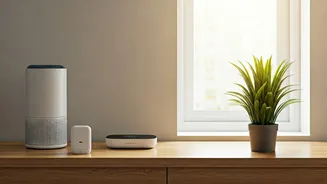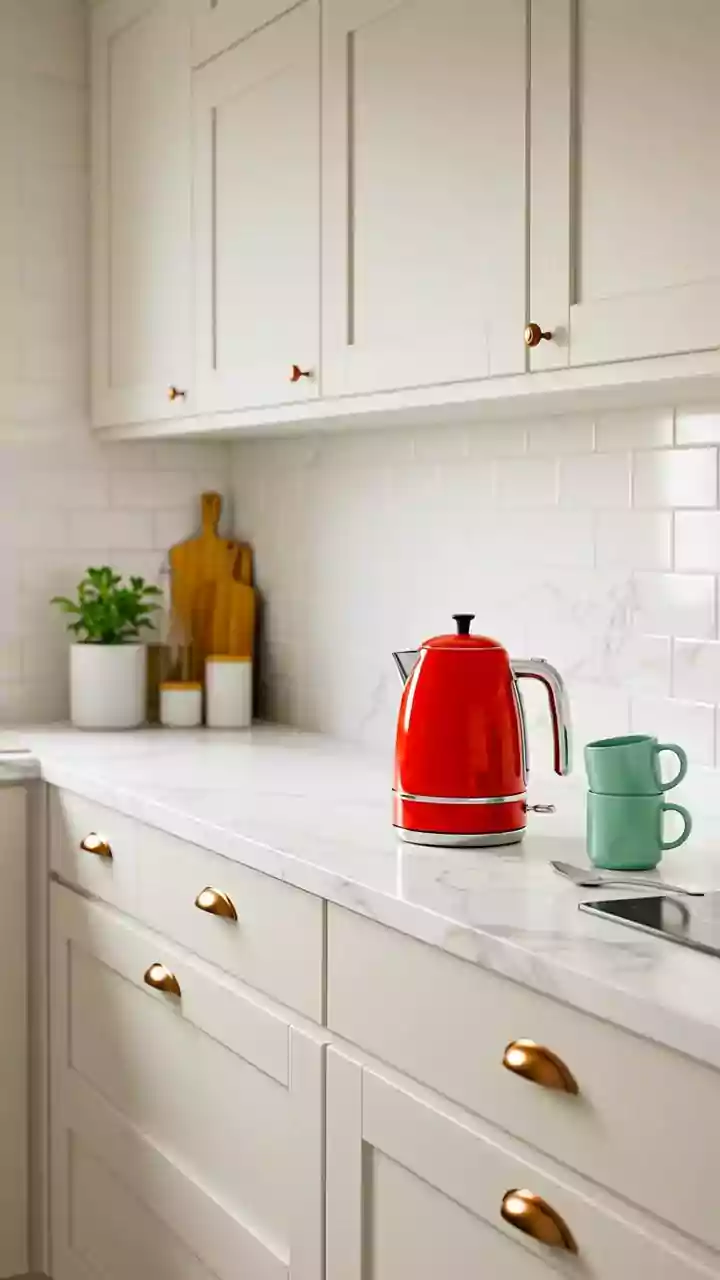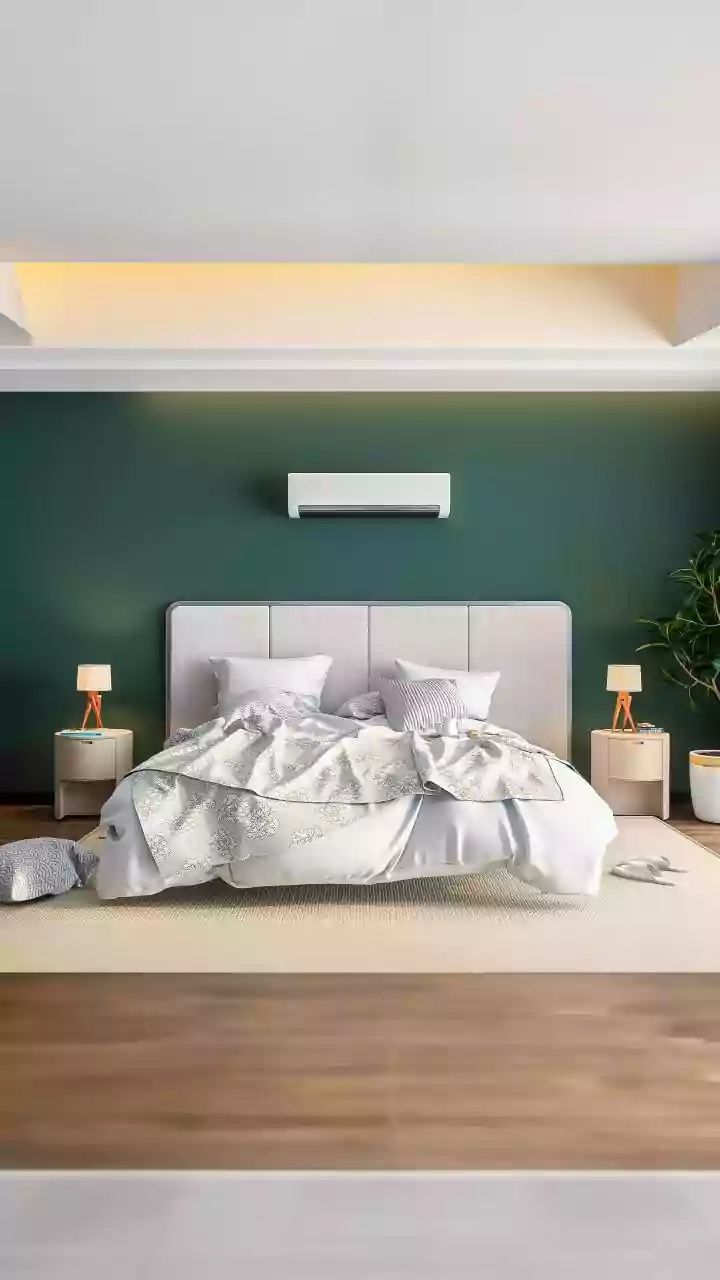Smart Home Security
Protecting your home is a priority, and smart home technology offers advanced solutions. This category includes several devices that enhance safety, starting
with water leak detectors. These devices are crucial for identifying and addressing leaks that could lead to significant property damage. Additionally, home security systems, smart shades, and blinds contribute to a secure environment. Smart shades and blinds not only provide privacy but can also be integrated into security routines, creating the impression of occupancy even when the home is empty. These devices allow for remote monitoring and control, increasing peace of mind.
Water Leak Detectors
Water damage is a major concern for homeowners, and smart water leak detectors provide an effective solution. These devices are designed to identify leaks early, before they cause extensive damage. Placed in strategic locations such as under sinks, near water heaters, and around appliances, they send alerts to a homeowner's smartphone or smart home hub the moment a leak is detected. This immediate notification allows for rapid response, minimizing potential damage. Integration with smart home systems means the detectors can also trigger automated actions, like shutting off the water supply via a smart valve, to prevent further damage. This proactive approach can save significant costs and stress.
Air Quality Monitors
Maintaining good indoor air quality is essential for health and well-being, and smart air quality monitors make this easier than ever. These devices measure various air quality parameters, including particulate matter (PM2.5 and PM10), volatile organic compounds (VOCs), temperature, and humidity. This information enables homeowners to identify potential air quality issues and take steps to improve it. They often send real-time data to a connected app, providing insights and alerts regarding concerning readings. Pairing these monitors with smart air purifiers allows for automated adjustments, such as increasing the fan speed when pollutants are detected, to maintain a healthier home environment.
Smart Shades & Blinds
Smart shades and blinds provide a combination of convenience, energy efficiency, and security benefits. They can be controlled via a smartphone app, voice commands, or automated schedules. This allows homeowners to adjust light and privacy levels easily, without having to manually operate window coverings. The ability to automatically adjust shades based on sunlight can also contribute to energy savings by reducing the need for artificial lighting and regulating indoor temperatures. Furthermore, smart shades can be integrated into home security systems, offering added peace of mind through simulated presence capabilities. They can be programmed to open and close at set times, making it appear as if someone is home even when the residents are away.
Smart Home Hubs
Central to the smart home ecosystem is a smart home hub. This device acts as the central control point, allowing various smart home devices to communicate with each other. It translates the various wireless protocols used by different devices – such as Wi-Fi, Zigbee, and Z-Wave – into a language they can all understand, ensuring seamless interoperability. A hub enables voice control, automation, and remote management through a smartphone app. Using a smart home hub brings everything together, making it easier to control lights, security, and climate control from a single interface. When considering a smart home, the hub acts as the brain that ties all your smart devices together, creating an easy-to-manage and fully connected living space.
Smart Sprinkler Controllers
For those with gardens, smart sprinkler controllers offer a water-efficient way to manage irrigation. These controllers connect to your home's Wi-Fi network and often incorporate weather data to adjust watering schedules automatically. For example, if rain is forecast, the system will adjust or skip watering, thereby conserving water. Furthermore, these smart devices allow you to set customized watering zones, catering to the needs of different plants and areas within your garden. Users can also monitor water usage, providing insights into consumption patterns and helping to identify leaks or inefficiencies. Smart sprinkler controllers help streamline garden care and improve your home's environmental footprint.




















